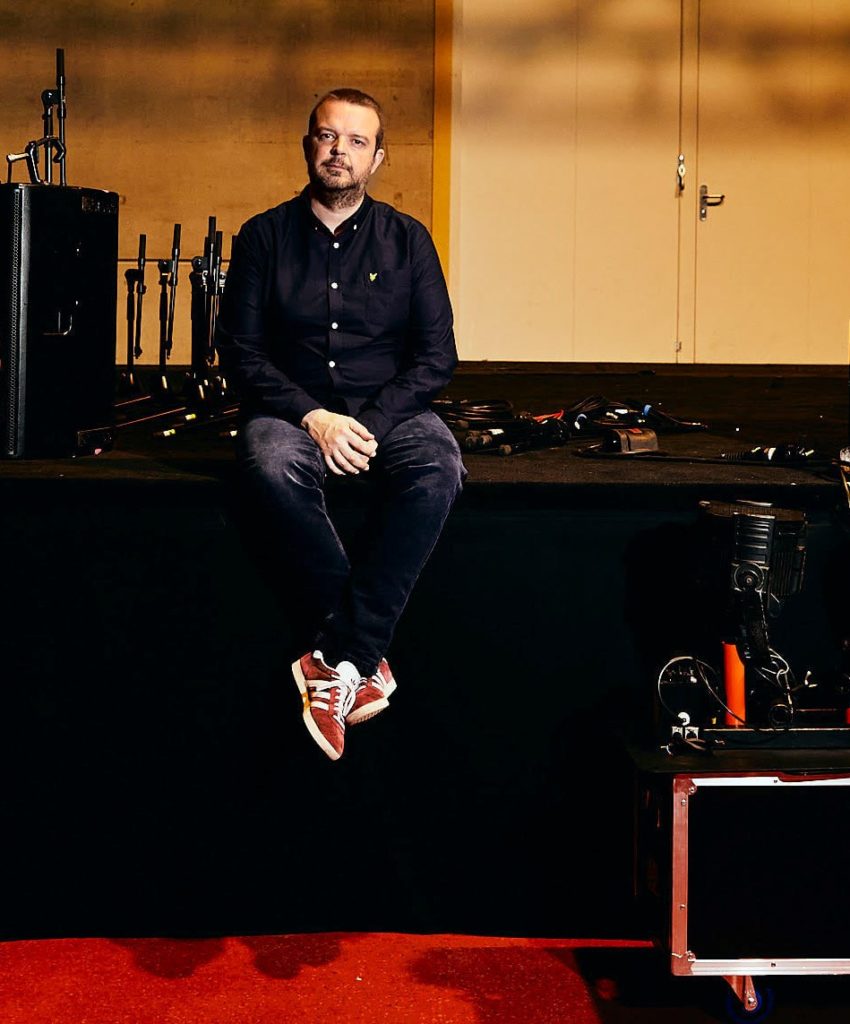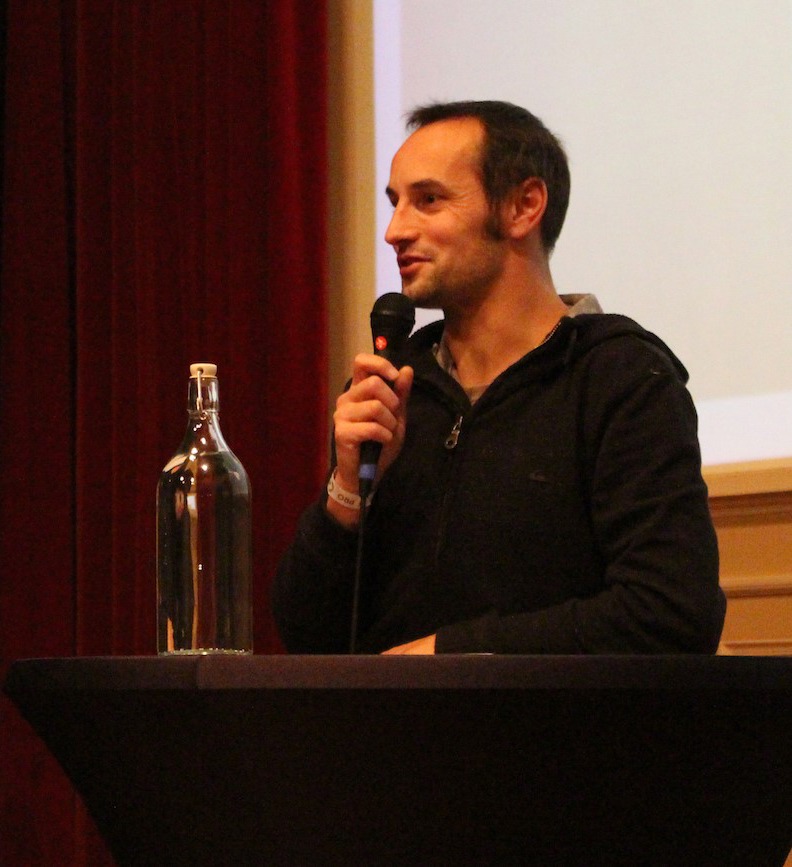“It’s really important for us to be at the forefront on the sustainability and inclusion questions, to inspire others and help with all these things. If we don’t have a sustainable future, we may not have a future at all.”
Non classé
-
Measuring your impact is knowing where you need to take action. It’s as simple as that… in theory. In practice, live music organisers may find the task of calculating a venue’s carbon footprint quite challenging. The venues and clubs who took part in the Digital Safaris on Sustainability did not work alone on this. They…
Read»
-

-

“It’s all about sharing and cooperation!”
-

“We need organisations like Live DMA to support our activities. During COVID, it was important to have Live DMA meetings so that we could learn what was going on in the other countries, and that was very helpful when it came to the lobby work on the local level”
-

“We have been celebrating the 10th anniversary of Live DMA, a network which was created in 2012 by venue networks from all over Europe. The purpose was to share knowledge and skills with each other, and to set up common projects, and I think we’ve succeeded in doing that!”
-

“I learned to collect and process data with good quality, and also I learned the importance of data to start a dialogue with institutions. Good data gave ACCES a lot of recognition”
-

ʻʼThanks to Live DMAʼs Survey, we showed our government that the more a venue is subsidized, the more money they generate. The Ministry of Culture had little knowledge of our sector. So to present these figures from different European countries was crucial in re-valorising our subsidies.”
